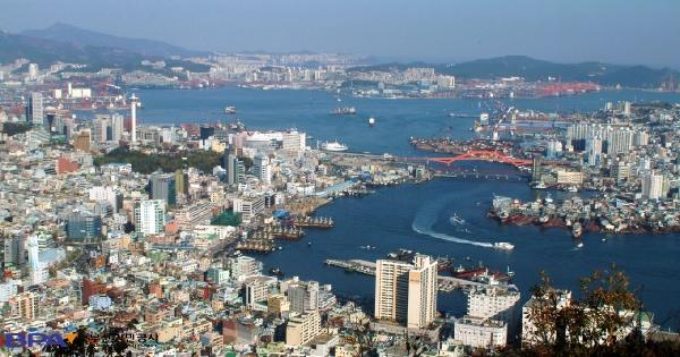Snapshot: HMM’s largest shareholder, KDB, confirms stake is for sale
KDB’s 24% stake in HMM is officially on the block.

Industrial production and consumption in South Korea took a further beating as the truckers’ strike stretched into its seventh day and talks with the government failed yesterday as both sides failed to narrow their differences.
President Yoon Suk-yeol has made it clear there will be no government intervention as the truckers. He said: “Only when the government sticks to the law and principles and remains neutral, do I believe labour and management will be able to build the capacity to freely ...
Maersk u-turn as port congestion increases across Northern Europe
Apple logistics chief Gal Dayan quits to join forwarding group
Maersk Air Cargo sees volumes fall as it aims for 'margin in favour of revenue'
Airlines slash freighter capacity post-de minimis, but 'the worst is yet to come'
Houthis tell Trump they will end attacks on Red Sea shipping
Transpac rates hold firm as capacity is diverted to Asia-Europe lanes
MSC revamps east-west network as alliance strategies on blanking vary
India-Pakistan 'tit-for-tat' cargo ban sparks sudden supply chain shocks

Comment on this article